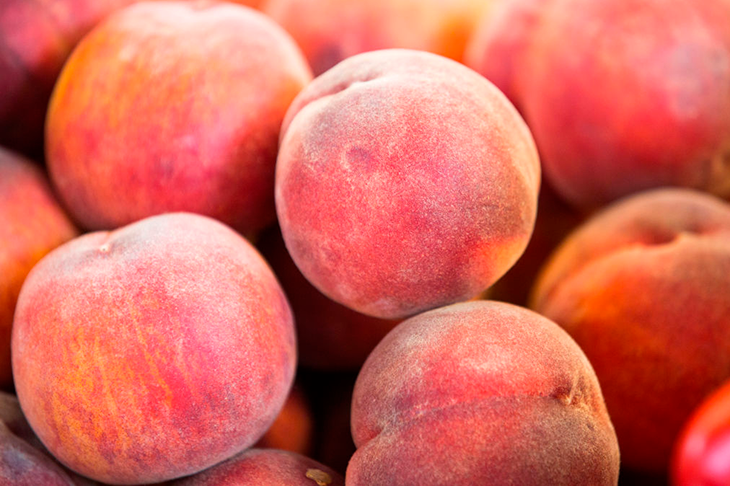When I was about ten, on return home from church I ate a peach, the juice of which dribbled down my new pink frock. I scuttled to my room to change, bunching the dress under the bed. I emerged the picture of innocence, but I felt guilty. For weeks, the garment pulsed with accusation. Going to sleep, I always knew it was there.
Sure enough, my mother discovered the wad while vacuuming, and she was furious. She could have scrubbed out the juice had I told her about it right away. To this day, I’m mindful that you can only expunge stains while they’re still fresh — and somewhere in there lurks a metaphor.
I’m not prone to remembering the ingestion of individual pieces of fruit. That small memory looms as a touchstone for the experience of culpability. I’d not acted responsibly, and I’d compounded my malfeasance with concealment. When called out, I hung my head with nothing to say for myself. The last thing I felt inclined to do was to tear outside and advertise to the whole neighbourhood that I’d been a bad little girl.
If guilt is inherited, then every last one of us should be condemned to Dante’s nine circles of hell
Though the concept of collective ‘white guilt’ has been with us since at least the 1960s, it’s seen quite the fashionable resurgence in the wake of the George Floyd protests last month. As universities, businesses and celebrities fall all over themselves to banner their racial blameworthiness, pale-faced mea culpas gather into a deafening chorus.
The issues are two. First, one of this column’s running themes: emotional fraudulence. Clarion declarations of moral dereliction do not have the texture of guilt. They are prideful. They have the texture of preening. Elaborate racial apologies are a form of showing off. When last month the actress Jenny Slate resigned from the animated Netflix show Big Mouth because voicing a half-black character was ‘an example of white privilege’ and ‘an act of erasure of black people’ within ‘a system of societal white supremacy’, she wasn’t making a career sacrifice, but bidding for elevated status.








Comments
Join the debate for just £1 a month
Be part of the conversation with other Spectator readers by getting your first three months for £3.
UNLOCK ACCESS Just £1 a monthAlready a subscriber? Log in